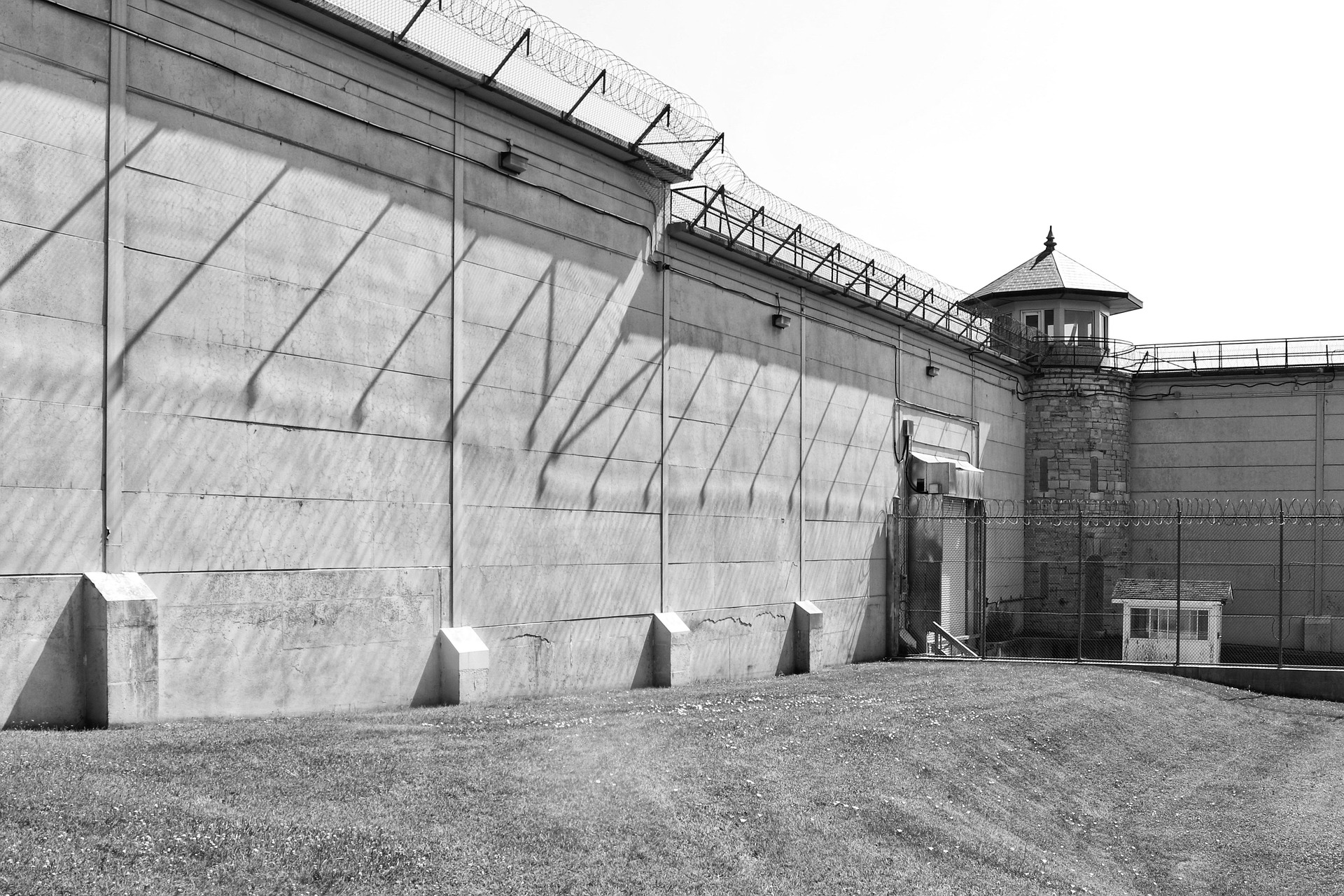Reexamining the Jury System: A Modern Perspective
The jury system is a cornerstone of the American justice system, serving as a key mediator between the law and the public. However, as society evolves, so does the context in which this system operates. This article aims to delve into the jury system's historical roots, its current challenges, and its implications for modern society.

The Historical Roots of The Jury System
The jury system traces its roots back to 12th century England, making it one of the oldest legal institutions. It was brought to America by early colonists and was later enshrined in the Constitution. The jury system is premised on the idea that a person’s innocence or guilt should be determined by their peers, rather than by a monarch or a lone judge. This is a democratic principle that promotes fairness and limits the power of the government.
Current Challenges to the Jury System
One of the most significant challenges facing the jury system today is the representativeness of juries. Various studies have shown that juries do not always accurately reflect the communities they serve. Factors such as the use of peremptory challenges, discriminatory jury selection practices, and the financial burden of jury duty contribute to this issue.
Another challenge is the complexity of modern cases. With the rise of technology and new legal issues, many cases have become increasingly complex, making it difficult for jurors without specialized knowledge to understand and make fair judgments.
Legal Developments and Policy Discussions
In response to these challenges, there have been legal developments aimed at reforming the jury system. For instance, some states have taken steps to limit the use of peremptory challenges, which can be used in a discriminatory manner. There are also ongoing discussions about paying jurors a living wage to lessen the financial burden of jury duty and encourage more diverse participation.
Additionally, there is a growing debate about the role of expert witnesses and complex evidence in jury trials. Some legal experts argue for a more extensive use of expert witnesses to assist jurors in understanding complex evidence, while others worry this could unduly influence the jury’s decision.
Implications and Impact on Society
The jury system has a profound impact on society. It plays a crucial role in ensuring the fairness of the legal process and upholding democratic values. However, the challenges it faces also have implications.
A lack of representativeness can undermine the jury system’s legitimacy and result in unfair outcomes. Similarly, if jurors cannot understand complex evidence, they may not be able to make fair and informed decisions. Therefore, ensuring the effectiveness and fairness of the jury system is not just a legal issue, but a societal one.
The Continued Relevance of the Jury System
Despite its challenges, the jury system remains a fundamental part of the American justice system. It embodies democratic values and ensures community participation in the legal process. However, it is clear that reforms are necessary to address its current challenges and ensure its continued relevance in a rapidly changing society. The ongoing legal developments and policy discussions reflect a recognition of these challenges and a commitment to preserving the integrity of the jury system.





